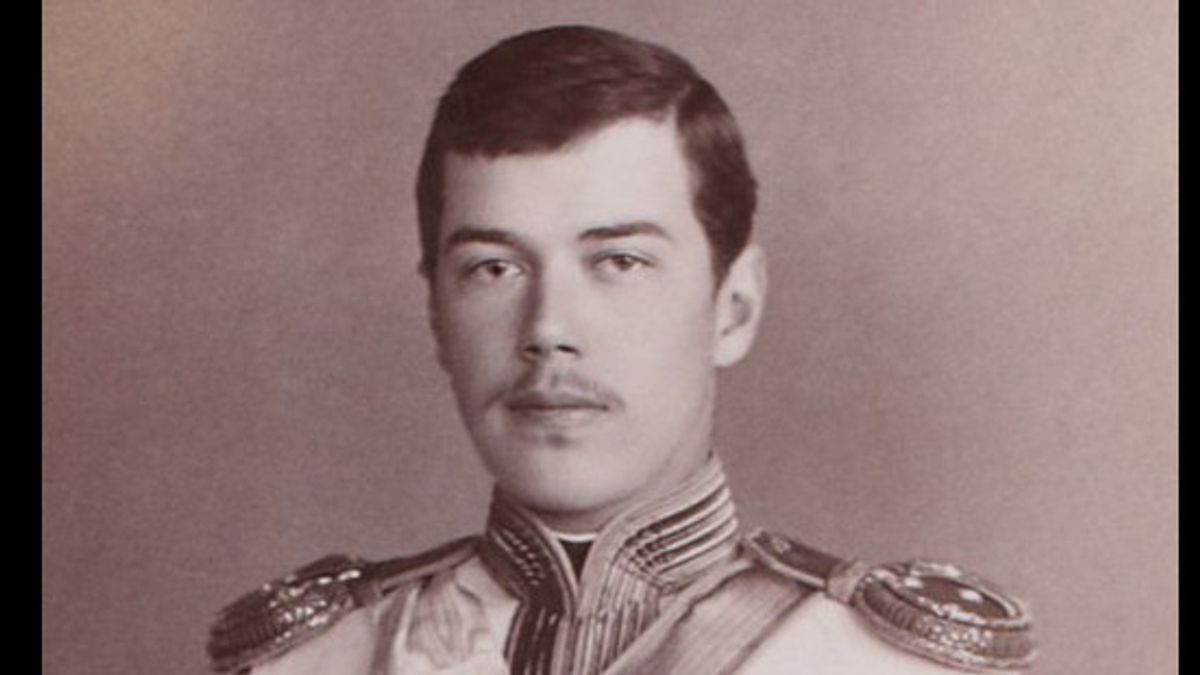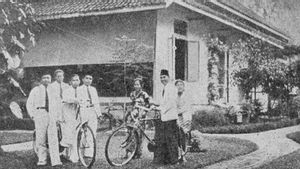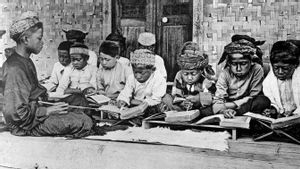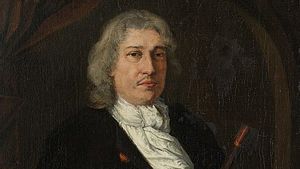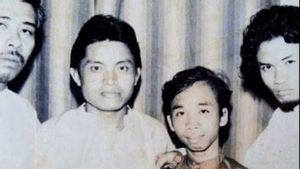JAKARTA – Today's history, 133 years ago, on February 23, 1890, the Crown Prince of the Russian Empire, Nikolai Aleksandrovich arrived in Batavia (now: Jakarta). He came to Batavia on a mission to maintain state relations. His arrival was greeted with great fanfare by the whole of Batavia.
Previously, the Dutch East Indies colonial government was shrewd in entertaining guests. Especially state guests. They were greeted with luxury and fanfare. If necessary, all kinds of existing affairs are facilitated.
There are no stories of foreign travelers being treated badly by the Dutch East Indies colonial government. Anyone who comes to Nusantara is always welcomed. They are often invited to attend every party held by high officials. From dance parties to masquerade balls.
They will also be served with the best dishes that combine Indonesian and European flavors. The owner has the power to do this as a step to maintain good relations. Moreover, as a form of hidden archipelago tourism promotion. Everything is so that good impressions regarding Nusantara can be spread from mouth to mouth.
The chant made the narrative of the beauty of Nusantara reach the ears of many people. British traveler, Charles Walter Kinloch is one of them. He was inspired to come to Nusantara in 1852. Like other travelers, Kinloch was treated well. Though Kinloch is not an important person.

However, Dutch officials entertained him like an important state guest. He was invited to a party held at the Bogor Palace. He even sat at the table with officials up to the Governor General of the Dutch East Indies. The experience became one of the unforgettable moments in his life.
“This dinner party, of course, done in Dutch style is actually lots of small dishes, with their usual characteristics, butter and sour and savory, followed by sweets, cotton candy, plum sugar. The wine, which is served in various varieties is very delicious.”
“However, our British palate prefers British dishes that are dense and nutritious. And we're worried, we judged badly on the best dinner we could possibly find in Java,” emphasized Kinloch in his famous travel notes Rambles in Java: Pengembaraan di Tanah Jawa (2019).
The colonial government was not only good at treating tourists from abroad. They are also good at treating state guests. The arrival of the Crown Prince of the Russian Empire, Nikolai Aleksandrovich on February 23, 1890, for example.
The arrival of the Crown Prince was warmly welcomed from the first time he arrived in Batavia. Instead of just the government, the people of Batavia welcomed his arrival. While the colonial government itself was busy preparing all the entertainment to satisfy the Crown Prince.

The welcoming party and other entertainment were in fact able to make Nikolai happy to be in Batavia. He even planned to enjoy cities in the Dutch East Indies for a week. As a result, the visit became a pillar of good relations between the Dutch East Indies colonial government and the Russian Empire.
“The wind was blowing hard. Everything in the clearing was fluttering: flags, leaves, twigs, including the gold embroidered clothes and cashmere pants of the Dutch East Indies officials. A line of musicians played the Russian national anthem loudly twice. The Tsarevich-literally: Son of the Emperor-walks accompanied by the Dutch East Indies honor guard."
"The special guests were then escorted to dine on a luxurious veranda at the residence of the Governor-General of Java, Pijnacker Hordijk. After satisfying culinary tastes, the Crown Prince and his entourage are welcome to watch the opera Sleeping Beauty at the Stadsschouwburg (City Theatre), now the Jakarta Arts Building," explained Tomi Lembang in his prologue in the book Sahabat Lama, Era Baru: 60 Tahun Pasang Surut Hubungan Indonesia-Rusia (2010).
SEE ALSO:
The English, Chinese, Japanese, Arabic, and French versions are automatically generated by the AI. So there may still be inaccuracies in translating, please always see Indonesian as our main language. (system supported by DigitalSiber.id)
